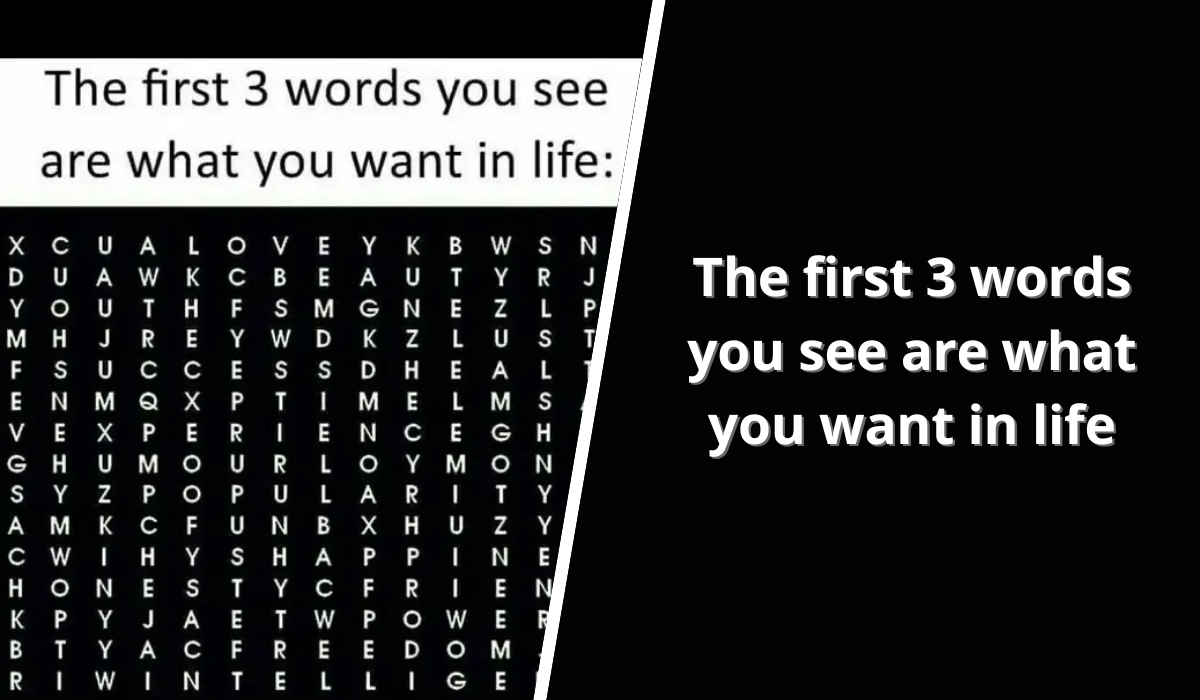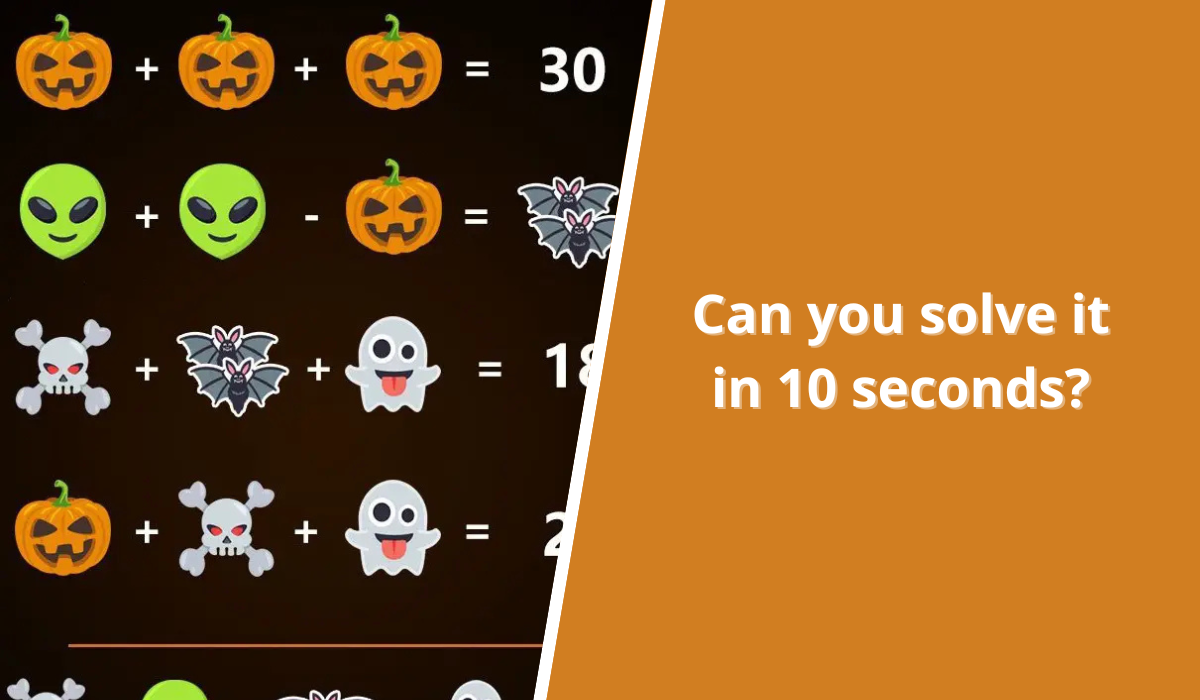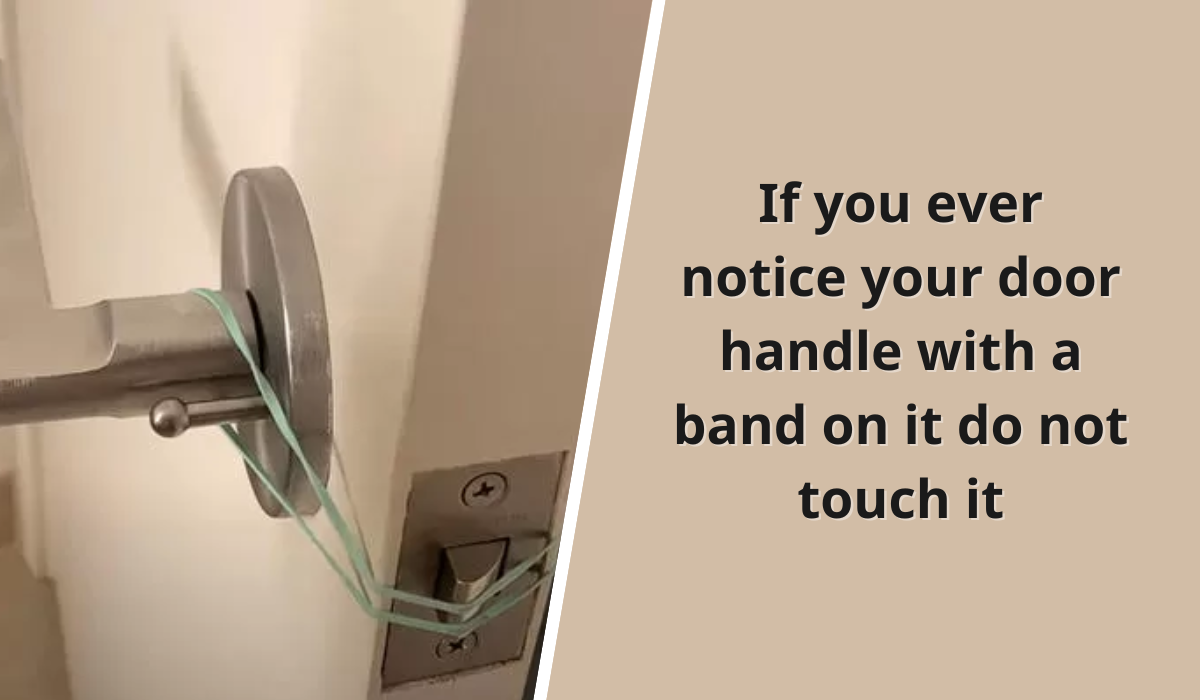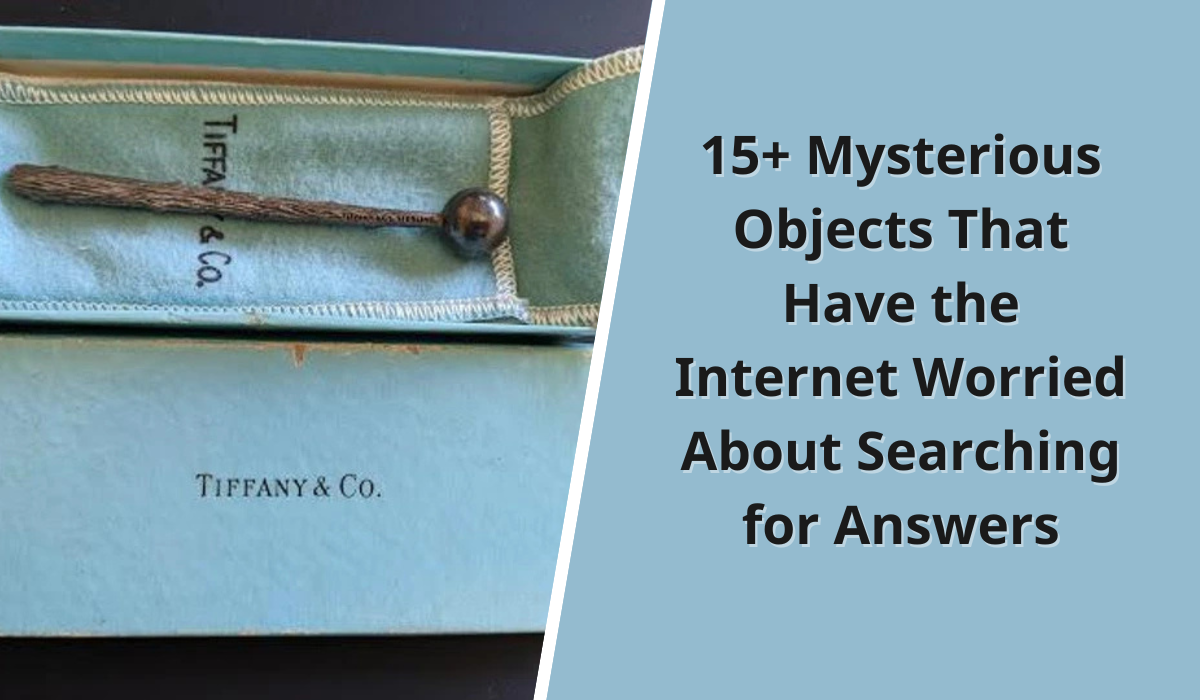In a world where social media drives trends and virality, even something as ordinary as a license plate can turn into a global sensation. Recently, a Nevada license plate bearing the bold message “Go back to California” sparked massive online interest.
With over 80,000 likes on Facebook, the plate became an internet phenomenon almost overnight. But as the attention mounted, so did the scrutiny, leading to the Nevada Department of Motor Vehicles (DMV) recalling the plate.
The Story Behind the Viral License Plate
It all began with a clever yet provocative message. In Nevada, where tensions over an influx of California residents have been building, this license plate struck a chord. What seemed like a humorous jab resonated with many locals, quickly spreading across social media platforms.
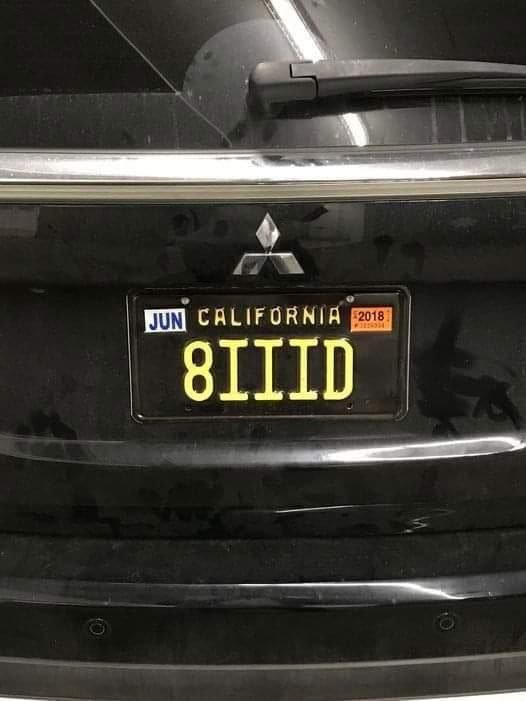
The plate captured widespread attention, as people shared the image and commented on the underlying social sentiment. However, the Nevada DMV soon stepped in, deeming the message inappropriate and pulling the plate from circulation.
This incident highlights the complex role of personalized license plates, where individuals use them as a form of self-expression. While some plates may be funny or creative, others cross the line into offensive or controversial territory.
What Gets a License Plate Rejected?
The Nevada DMV, like other state departments, has a strict review process for personalized license plate applications.
Each submission is scrutinized by a review group to ensure it aligns with community standards and doesn’t promote offensive content. Plates that suggest offensive language or imply illegal activities are immediately flagged for rejection.
For example, plates such as “SAUC3D” and “RAMP4GE” were rejected for their aggressive tone, while others like “F4K3 T4XI” and “BUYAGRAM” were dismissed due to their association with illicit activities.
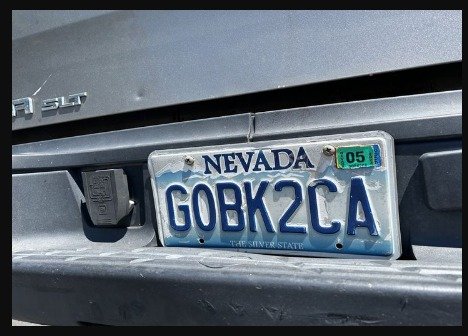
The DMV’s goal is to prevent messages that could be seen as harmful or inappropriate while allowing drivers to have some fun with their plate choices.
Personalized Plates: A Male-Dominated Trend
Interestingly, statistics show that personalized license plates are more popular among men. Whether it’s to showcase humor, creativity, or a personal connection, men seem to gravitate toward customizing their plates more than women.
But despite the popularity, not all plates make it through the review process. The team responsible for vetting these applications has the challenging task of balancing freedom of expression with maintaining public decorum.
The Power of Social Media and Viral Moments
This viral license plate incident underscores how quickly a seemingly mundane object can capture the collective imagination of the internet. Social media platforms, particularly Facebook, were the driving force behind this story going viral.
What started as a witty jab at out-of-state transplants evolved into a full-blown internet trend, with thousands of people engaging in the conversation.
It’s a reminder of the unpredictable nature of online culture. A single post can snowball into something much larger, as seen in this case. Whether or not the person behind the controversial plate anticipated such a reaction, they’ve certainly made their mark on the digital landscape.
What Does This Mean for the Future of Personalized Plates?
In the digital age, where everything from fashion choices to license plates can become viral content, it’s clear that personalization holds significant power.
People want to express their opinions, sense of humor, and identity in every aspect of their lives—even on their vehicles. However, as this incident demonstrates, not every form of expression will be accepted by regulatory bodies.
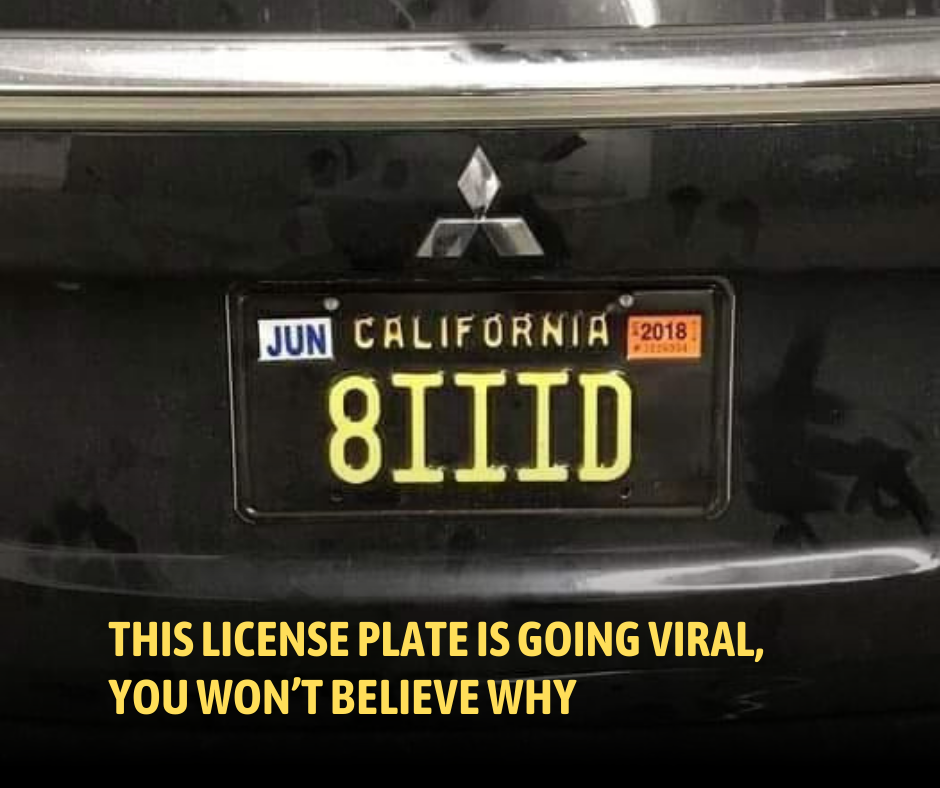
As more people turn to personalized plates to make statements, the DMV and other licensing authorities will likely face increasing pressure to refine their guidelines. Striking the right balance between allowing personal creativity and maintaining societal standards will be key.
Final Thoughts
The viral Nevada license plate story is a perfect example of how a simple idea can snowball into something much larger. While it started with a humorous message, the plate has now become a topic of debate about free expression, humor, and the role of regulatory authorities in managing public decorum.
This incident also serves as a case study on the power of social media, where everyday occurrences can turn into global phenomena in an instant.
Whether you’re a fan of personalized license plates or not, this story has left a lasting impression, proving that in the digital world, anything—even a license plate—can go viral.


